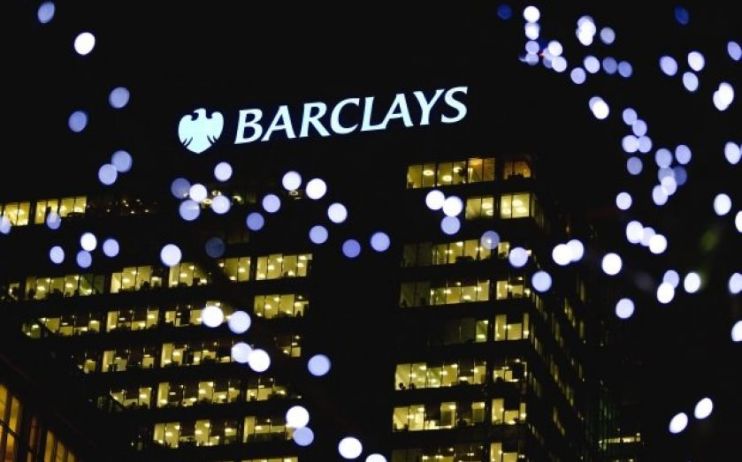Barclays execs feared jail over plan to pay hidden fees to Qatar, fraud trial hears

Senior Barclays bankers discussed their fears of going to jail as they scrambled to create a mechanism to pay extra fees to Qatar during a £2bn fundraising in 2008, a court heard today.
Roger Jenkins, Richard Boath and Thomas Kalaris are standing trial at the Old Bailey, accused of conspiracy to commit fraud by false representation and fraud by false representation – charges they deny.
The prosecution alleged that the accused cooked up a phoney advisory services agreement (ASA) to pay Qatar extra fees it wanted in exchange for its participation in the emergency share subscription, fees that were not on offer to other participants.
Read more: Ex-Barclays bankers accused of creating ‘smoke-screen’ to hide secret fees paid to Qatar
The court heard a recording of a telephone call between Boath and Kalaris as they discussed how to present the transaction to Barclays’ in-house lawyers.
“He [Barclays’ lawyer] might say it’s okay, right, because whatever we do…will not be related to this subscription agreement, but frankly we all know that whatever we enter into we are entering into in exchange for the subscription agreement,” Boath said.
“Yeah that’s right. None of us wants to go to jail here,” Kalaris said.
“It ain’t worth it and apparently the food sucks,” Boath said.
“Yeah. No the food sucks and the sex is worse,” Kalaris said.
Read more: Trio of ex-Barclays bankers accused of lying in Old Bailey fraud trial
The prosecution said Barclays’ lawyers raised concerns about the proposed deal and whether the ASA was being entered to pay extra fees to Qatar.
“While the lawyers were in a position to raise concerns about what was going on, and did so, it was the executives who knew the true position, namely that the ASAs were a device to allow the Qataris to be paid a fee at a greater commission than that being offered to other investors,” a barrister for the Serious Fraud Office said.
In another call between Boath and Kalaris, the pair discussed concerns that the ASA may not be seen as delivering legitimate benefits for the bank, and may be viewed as a way of funnelling the extra cash to Qatar.
“The worst case scenario is somebody says well it’s not economic and I say bullsh*t…we’re paying this amount of money, in this relationship, with these guys, we’re delighted to do it,” Kalaris said.
“There’s obviously the jeopardy is that we’re rumbled and people say well that was bullsh*t, you know, this is just a fee in the backdoor,” Boath said.
The trial continues.